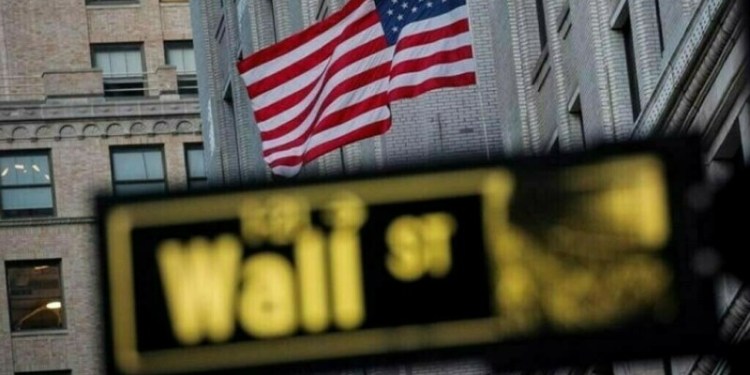
© Reuters. Tesla (TSLA) can be more selective with U.S. price cuts, say Goldman Sachs analysts
TSLA
-3.93%
Add to/Remove from Watchlist
Add to Watchlist
Add Position
Position added successfully to:
Please name your holdings portfolio
Type:
BUY
SELL
Date:
Amount:
Price
Point Value:
Leverage:
1:1
1:10
1:25
1:50
1:100
1:200
1:400
1:500
1:1000
Commission:
Create New Watchlist
Create
Create a new holdings portfolio
Add
Create
+ Add another position
Close
RIVN
+0.18%
Add to/Remove from Watchlist
Add to Watchlist
Add Position
Position added successfully to:
Please name your holdings portfolio
Type:
BUY
SELL
Date:
Amount:
Price
Point Value:
Leverage:
1:1
1:10
1:25
1:50
1:100
1:200
1:400
1:500
1:1000
Commission:
Create New Watchlist
Create
Create a new holdings portfolio
Add
Create
+ Add another position
Close
Investors have closely monitored electric vehicle (EV) pricing, as recent price cuts by automakers have raised concerns over demand elasticity, profitability, and how these adjustments affect EV affordability and their market share relative to internal combustion engine (ICE) and hybrid vehicles, Goldman Sachs analysts said in a Monday note to clients.
The investment giant’s analysts think that Tesla (NASDAQ:TSLA) and Rivian (NASDAQ:RIVN) “should generally be firm with pricing in the US,” citing their analysis of the elasticity of demand and profit “and the relative attractiveness of EV pricing for certain models especially with IRA credits.”
However, it might be logical to implement strategic price cuts on entry-level models, especially if paired with reduced features or bill of materials (BOM) cost, added Goldman analysts.
They also believe that battery electric vehicles (BEVs) continue to hold appeal for roughly a mid-teen percentage of the U.S. market, doubling current levels of market penetration.
The bank anticipates sustained long-term demand for EVs in the U.S., albeit with slower growth in the short to medium term, alongside robust expansion in hybrids and Plug-in Hybrid Electric Vehicles (PHEVs).
Meanwhile, Goldman remains neutral on U.S. election outcomes but thinks that changes to IRA credit eligibility or a repeal, necessitating both Congressional and Presidential agreement, could impact EV demand by 5-15% and 10-30% respectively. However, that effect is expected to diminish over time.
“Importantly, we believe that global regulatory policies and improved EV cost/choice over time would still be supportive of long-term EV growth,” the analysts wrote.
Source: Investing.com



























